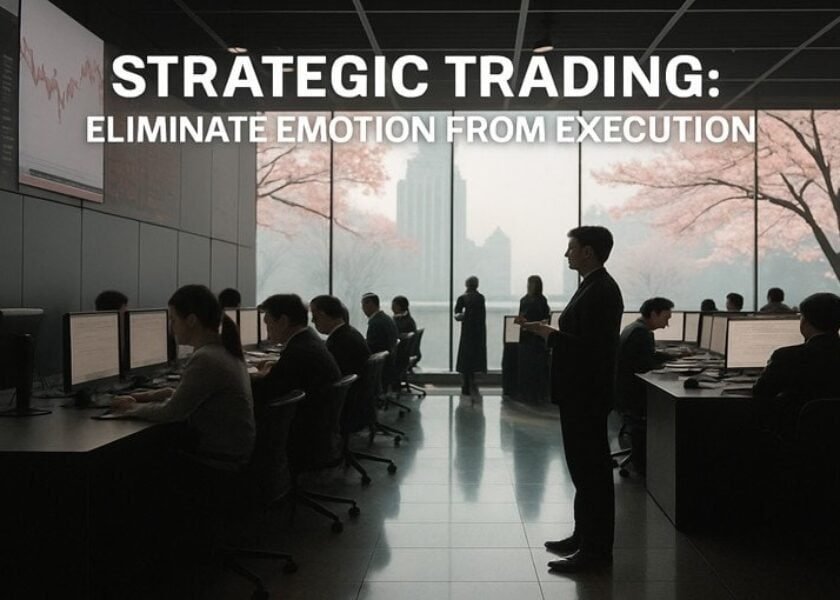One of the mindsets that successful traders follow is ‘Cut your losses short, let your profits run’. Don’t you think it sounds easy, doesn’t it? But, as any trader will tell you, trading as a business or as a career choice is an all-consuming endeavour.

Whether you want to earn more money or it’s your passion, you might find yourself unable to separate emotions from your financial transactions, no matter why you want to do it. It’s perfectly normal for someone to feel that way. However, a successful trader is also well aware that it’s never a good idea to let sentiments play a role in the decisions they make when investing. Trading psychology(trading discipline) refers to the study of the psychology of trading.
Table of Contents
The 16 types of trading psychology that help you become a successful trader.
1. Follow the trend, Don’t be afraid to be a sheep
Knowing when to follow the trend can be a key aspect of successful trading. While it may seem like being a ‘sheep’ is unoriginal, in trading, it can often lead to profitable decisions.
2. Know why you are in the market
Understanding your motivation for trading can help you make more informed decisions. Whether it’s to relieve boredom or make a profit, knowing your why can guide your trading strategy.
3. Use any good system and stick with it
Consistency is key in trading. Find a system that works for you and stick to it, avoiding unnecessary changes that can disrupt your trading success.
4. Apply money management techniques
Proper money management is vital to long-term success in trading. Protecting your capital through risk management strategies can help you weather market volatility.
5. Do not over-trade
Over-trading can lead to impulsive decisions and unnecessary risks. It’s important to trade strategically rather than excessively.
6. Take a position only when you know your profit goal and risk limit
Having clear objectives before entering a trade can help you stay focused and disciplined in your decision-making process.
7. Don’t try to pick tops and bottoms
Trying to predict market extremes can be risky. It’s often safer to focus on capturing profits within the middle range of price movements.
8. Establish a trading plan
Planning your trades in advance can help you stay organized and focused. Setting clear entry and exit points can prevent emotional decision-making.
9. Follow your plan with stop losses
Implementing stop-loss orders can help you minimize potential losses and protect your capital.
10. Use technical signals to maintain discipline
Technical analysis can provide valuable insights into market trends and help you make more informed trading decisions.
11. Eliminate impulse trading
Emotional trading can lead to irrational decisions. It’s important to trade based on a well-thought-out plan rather than reacting impulsively to market fluctuations.
12. Trade with a plan, not greed, hope, or fear
Trading based on emotions can cloud your judgment. Following a structured plan can help you avoid making decisions based on greed, hope, or fear.
13. Cut your losses short, let your profits run
Cutting losses early and allowing your profits to accumulate can help you maximize gains and minimize losses over time.
14. Standing aside is a position, Patience is crucial
Sometimes the best position in trading is not to trade at all. Patience can be a valuable asset in waiting for the right opportunities.
15. Don’t trade with emotions
Emotions can cloud your judgment and lead to poor decision-making. It’s important to trade based on logic and strategy rather than emotions.
16. Analyse your losses, learn from your mistakes
Reflecting on your losses can provide valuable insights into areas for improvement and help you become a more successful trader in the long run.
Conclusion
Trading psychology plays a significant role in determining your success as a trader. By following these key principles and staying disciplined in your approach, you can enhance your trading performance and achieve your financial goals. Remember, trading is not just about numbers and charts, but also about understanding your own emotions and behavior in the market.






This article helped me to control my emotions and stay disciplined while trading.